CanCH4 Symposium Speakers
 Yasir Naqvi
Yasir Naqvi
Member of Parliament, Ottawa Centre
Yasir and his family arrived in Canada in 1988 after the Pakistani government imprisoned his father for leading a pro-democracy march. With an upbringing deeply rooted in the values of democracy, social justice and compassion, Yasir knows how important it is to be involved in the community and give back.
Yasir’s passion for his community resulted in him being elected as the Member of Provincial Parliament for Ottawa Centre in October 2007. He was re-elected in 2011 and 2014. While in provincial government, Yasir served in many roles including as the Attorney General of Ontario, Government House Leader, Minister of Community Safety and Correctional Services, and Minister of Labour. Through this work he raised the minimum wage, brought forward new protections for vulnerable workers, banned race-based carding in Ontario, and modernized our court system.
 Drew Leyburne
Drew Leyburne
Assistant Deputy Minister,
Energy Efficiency and Technology Sector
Natural Resources Canada
Drew Leyburne is the Assistant Deputy Minister, Energy Efficiency and Technology Sector at Natural Resources Canada (NRCan). Prior to his current position, Mr. Leyburne served as Director General in various roles at NRCan, worked at the Privy Council Office, and was an Associate with McKinsey & Co. Drew holds degrees from Oxford University and Bishop’s University. NRCan’s Energy Efficiency and Technology Sector supports the advancement of clean energy technologies through scientific research and program delivery in energy research, development, and demonstration. In addition, Mr. Leyburne is responsible for national Canmet laboratories in Varennes (Quebec), Ottawa (Ontario), Hamilton (Ontario), and Devon (Alberta). These labs drive the development and demonstration of clean energy technologies and advanced materials to support government priorities, with the ultimate goal of creating a lower-carbon economy, both domestically and internationally.
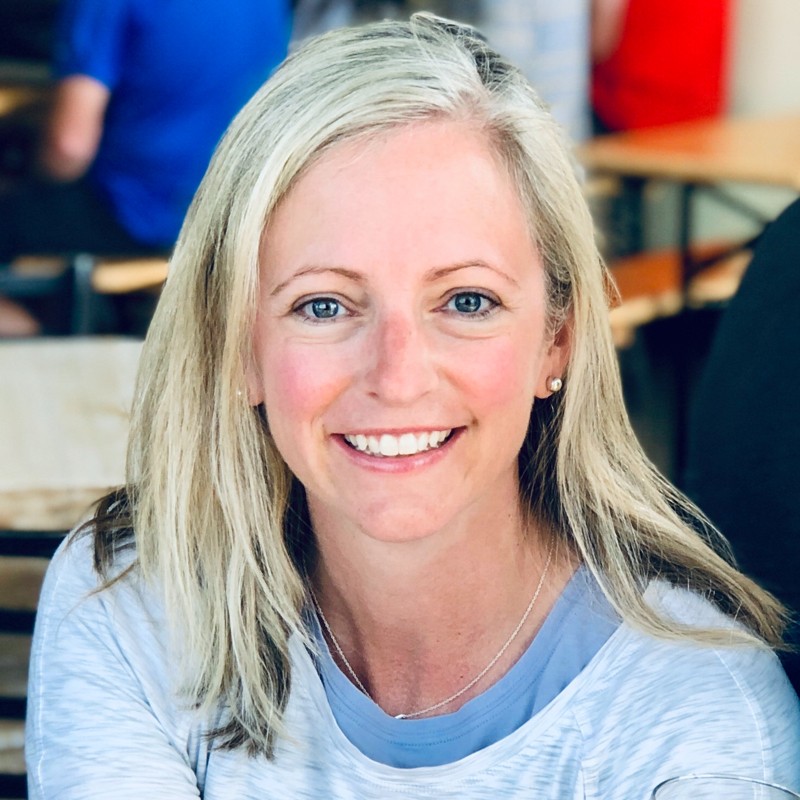 Carrie Taylor – Symposium Moderator
Carrie Taylor – Symposium Moderator
Environment and Climate Change Canada
Carrie Taylor is an Executive Director of the Air Quality Research Division of Environment and Climate Change Canada.
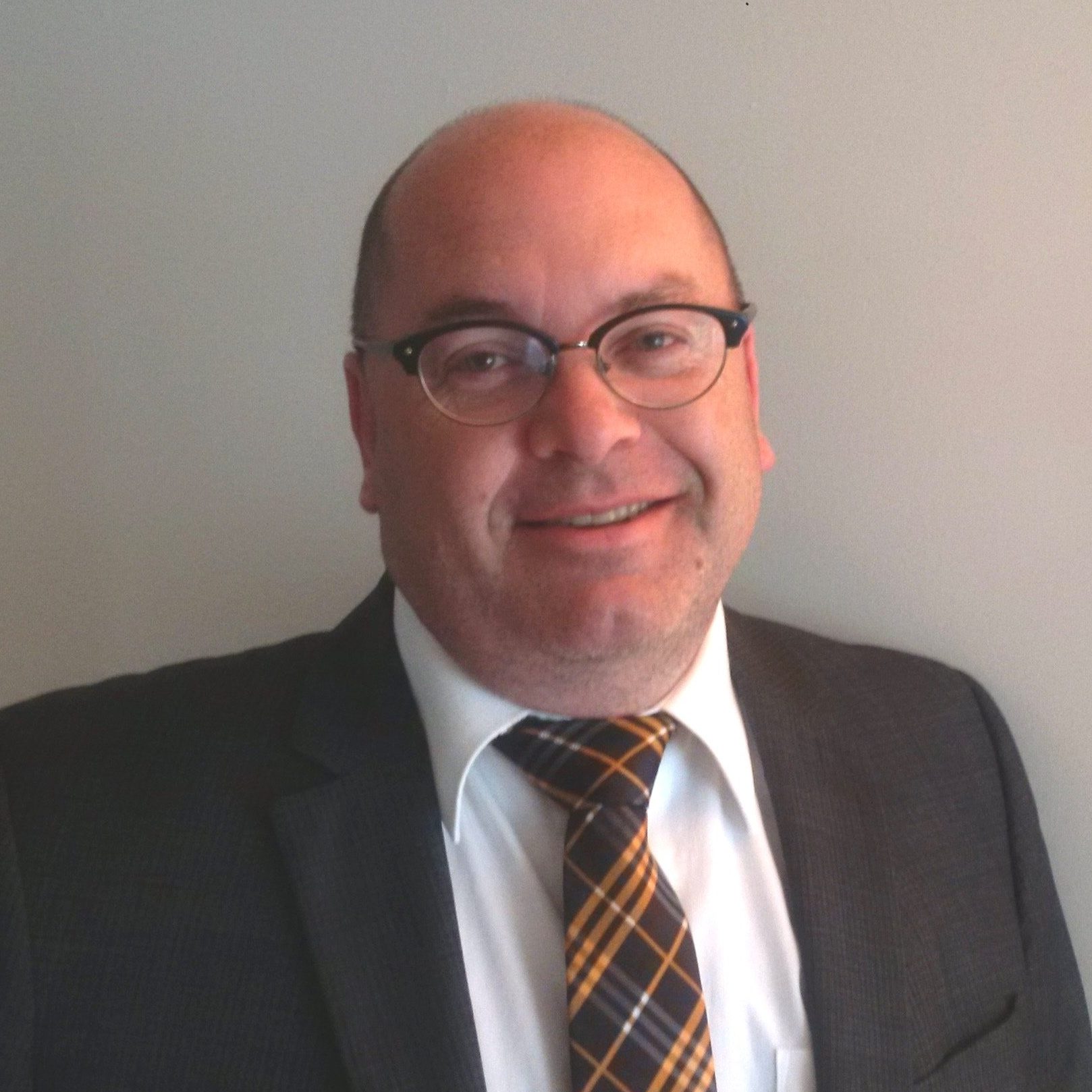 James Diamond – Symposium Moderator
James Diamond – Symposium Moderator
Environment and Climate Change Canada
James Diamond is the Manager of the Technical Operations team in the Oil and Gas Division at Environment and Climate Change Canada (ECCC), leading the group responsible for the development of federal regulations to manage methane emissions from the oil and gas sectors. With a chemical engineering degree from the University of Waterloo, he began his career as a process engineer in the petrochemical industry in Alberta. James then travelled to London’s Imperial College for an MBA, returning to a consulting position in Calgary focused on Canada’s Energy Sector. James joined ECCC in 2004 to work on climate and air quality policy. He is currently the chair of the Oil & Gas subcommittee of the Global Methane Initiative.
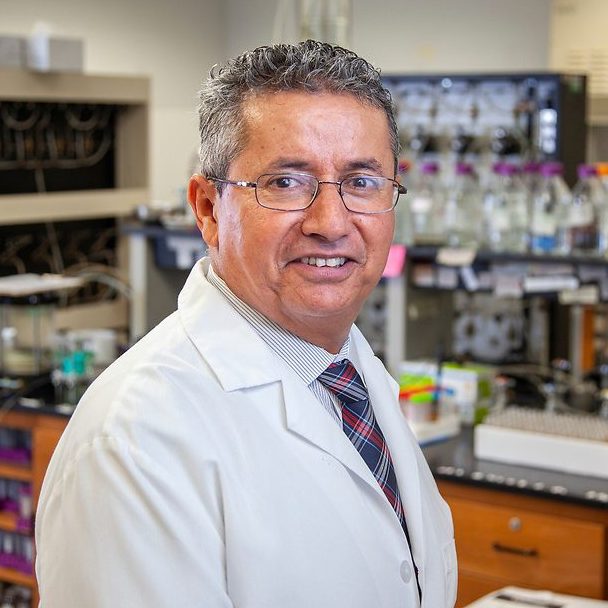
Tarek Abichou
Florida State University
Tarek Abichou is a Professor of Civil and Environmental Engineering at FAMU-FSU College of Engineering at Florida State University. He received his BS, MS and PhD form the University of Wisconsin in Madison. His current research focuses on investigating the quantification, modeling, and mitigation of landfill emissions. His other research activities include primarily designing, analyzing, and testing geotechnical components of landfills and other waste containment structures. His team has extensive experience in methane biological oxidation lab and field testing, and modeling and developed a design tool LandSEM that can be used to assess methane oxidation capacity of any soil cover under field-specific climatic conditions. His team also has extensive experience in measuring methane emissions using static and dynamic flux chambers, Vertical and Horizontal Radial Plume Mapping, and Tracer Correlation Method, and have recently developed a tool SEM2Flux designed to estimate and locate major methane emissions from landfills using Surface Concentration Emissions (SEM) data.
 Hamish Adam
Hamish Adam
Boreal Laser
Dr. Hamish Adam is an owner and director at Boreal Laser, an Edmonton, Alberta manufacturer of laser-based gas detectors and analyzers, used primarily for safety and environmental monitoring applications. Hamish has been with Boreal Laser for 25 years. He held positions in Business and Product Development with analyzer companies and oil field service companies in both the United States and the UK prior to joining Boreal. Hamish holds a B.Sc. in Physics from Aberdeen University and a D.Phil in Atmospheric Physics from Oxford.
 Alberto Alva
Alberto Alva
Process Ecology
Alberto leads the Business Development and Engineering Software practice as well as customer support for Process Ecology’s Emissions Management Systems since 2003. His background in the development and application of computer simulation, statistical and optimization models with particular emphasis on process optimization for water management, energy efficiency and emissions reduction from the oil & gas sector is backed by academic credentials including a Biochemical Engineering degree from the UAMI-Mexico City, an MBA from the Monterrey Institute of Technology (ITESM) as well as a Ph.D. in Chemical Engineering from The University of Manchester Institute of Science and Technology (UMIST), UK. With over 30 years of experience in chemical engineering research and process optimization for sustainability, and having worked across multiple sectors to assist companies become more resource- efficient and to develop cost-effective strategies to reduce greenhouse gas emissions. Alberto has specialized in modeling and optimization for emissions reduction in the oil & gas sector and has led the development of modern web-based air emissions reporting, optimization and management software for companies in the oil & gas sector that are currently in use by several government agencies and over 60 oil & gas producers in Canada.
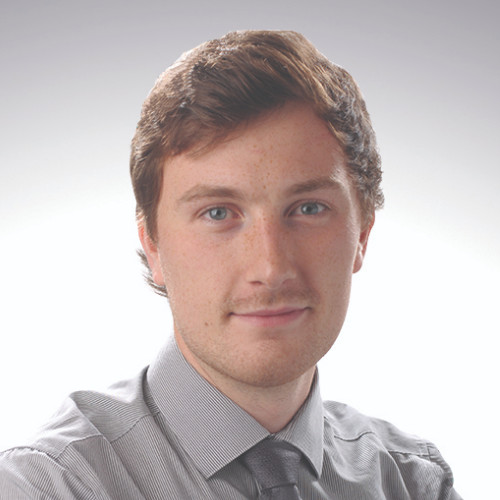 Owen Barrigar
Owen Barrigar
Environment and Climate Change Canada
Emission inventory expert with the Pollutant Inventories and Reporting Division at Environment and Climate Change Canada specializing in the Oil and Gas sector.
 Sahil Bhandari
Sahil Bhandari
Environmental Defense Fund / Cornell University
Dr. Sahil Bhandari is a climate and air quality scientist with 9 years of experience in atmospheric science. During his career, he has made significant contributions to the field, including identifying sources of fine particulate matter in Delhi, India, helping develop an ASTM standard for low-cost air pollution sensors, and leading an app-based citizen and community science project, Smell Vancouver, linking odor exposures to health impacts. His passion lies in sustainability management and urban planning, particularly in addressing complex challenges related to air quality and climate change. Currently, he is analyzing the spatiotemporal variability of methane emissions using data collected for point sources in repeated surveys of large oil and gas production regions. Using this analysis, he aims to develop basin-specific measurement strategies and quantification methodologies that accurately represent annual emissions from oil and gas production.
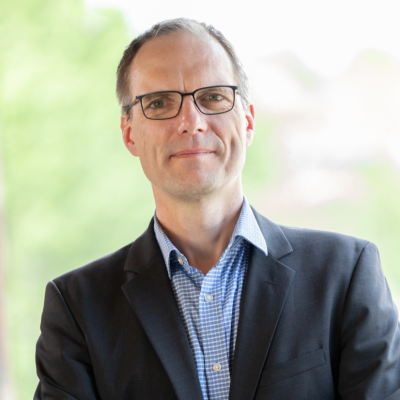 Stefan Bokämper
Stefan Bokämper
Kuva Systems
Dr. Stefan Bokämper is CEO at Kuva Systems. He has 25 years of experience at large companies and startups in energy and high tech areas. Stefan holds a Masters in Energy Engineering from TU Clausthal in Germany, an MBA from George Washington University and a PhD from Technical University Berlin.
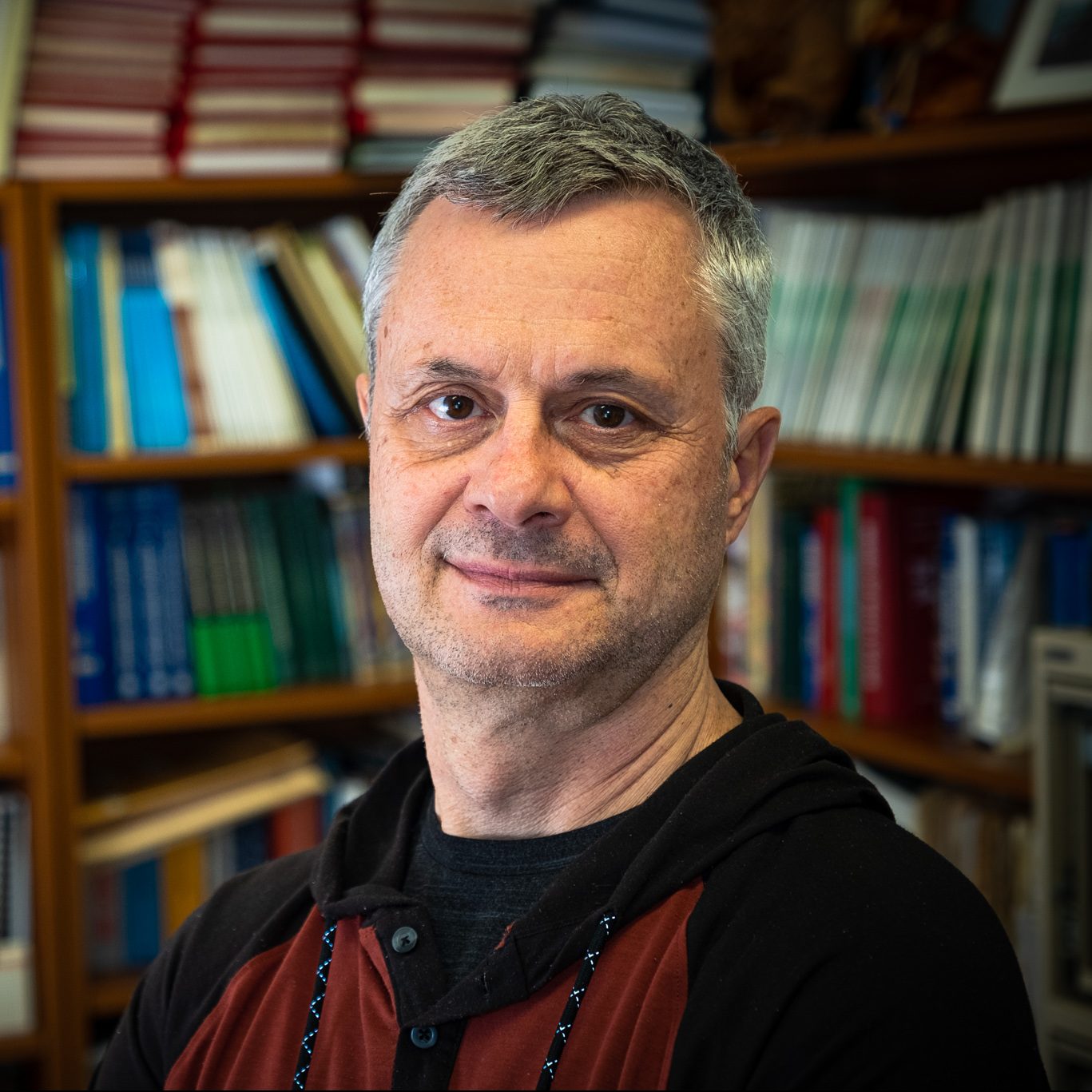 Alexandre Cabral
Alexandre Cabral
Université de Sherbrooke
Professor Alexandre R. Cabral’s main research interests are methane oxidation biosystems for the reduction of greenhouse gas emissions, unsaturated flow through porous media (more specifically cover systems with capillary barrier effect, and lysimetry), and classical geotechnical issues, such as soil compaction and the beneficial use of industrial residues as a substitute for natural soils. He is currently leading research projects in all these areas. A member of the Scientific Advisory Panel of the International Waste Working Group (IWWG), Prof. Cabral has worked as a consultant for several companies in Canada, Europe and South America, including as an in-house consultant for three consultancy firms in Canada. From 2002 to 2015, he supervised a humanitarian group that has undertaken projects in Peru, Haiti, Burkina Faso, and Malawi.
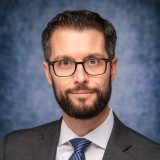 Tom Curry
Tom Curry
U.S. Department of Energy (DOE)
Tom Curry is the Director of the Policy and Analysis Division within the Office of Fossil Energy and Carbon Management’s Office of Resource Sustainability. Tom leads the development of technical, economic, and policy analyses to support the office’s research and development, engagement, and natural gas regulatory work. Tom has more than 20 years of experience applying strategic and technical expertise to energy and environmental issues. He has managed the development of methane emissions intensity protocols for companies that operate in the natural gas supply chain and has extensive experience working with companies, investors, and trade associations on greenhouse gas emission inventories. Before joining the Department of Energy, Tom was a partner and the North America Climate Advisory Policy Lead at ERM. Tom holds a Master of Science degree from the Technology and Policy Program at the Massachusetts Institute of Technology and a Bachelor of Science in Civil Engineering with a double major in Engineering and Public Policy from Carnegie Mellon University.
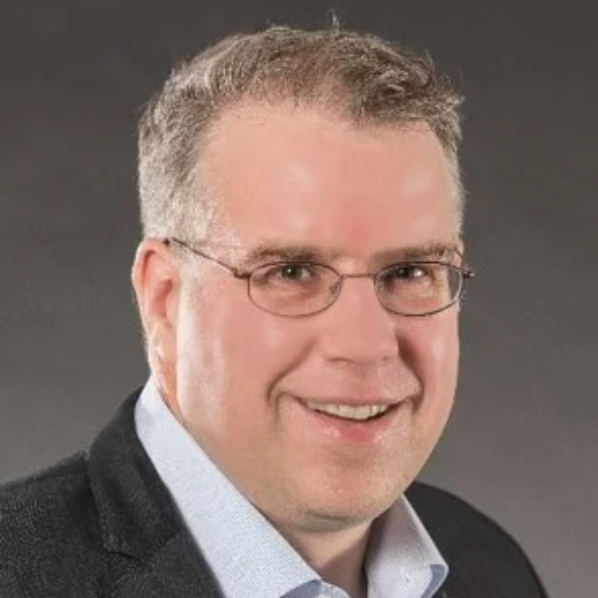 Kyle Daun
Kyle Daun
University of Waterloo
Kyle Daun is a Professor in Mechanical and Mechatronics Engineering at the University of Waterloo. His main research interests are heat conduction from aerosolized nanoparticles, laser-based combustion tomography, heat treatment in materials processing, and optimal design of industrial combustion devices. Professor Daun’s research group studies inverse problems that arise in combustion and heat transfer, including laser-based nanoparticle metrology, optical tomography, and design optimization of combustion devices and industrial furnaces.
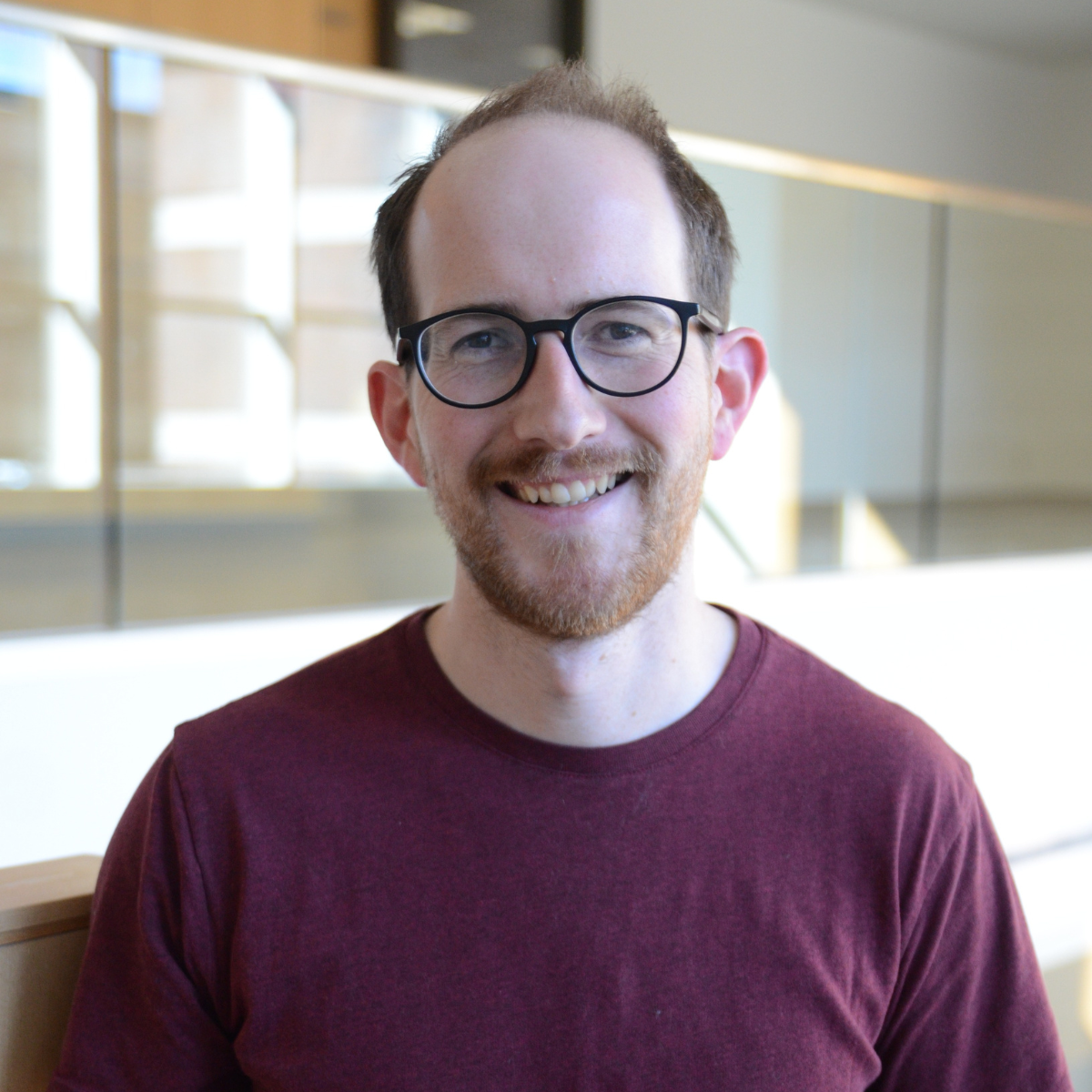 Simon Festa-Bianchet
Simon Festa-Bianchet
Energy & Emissions Research Lab., Carleton University
Dr. Simon Festa-Bianchet is Postdoctoral Researcher within the Energy and Emissions Research Laboratory with an interest in developing and implementing technologies for the continuous monitoring of emissions from the upstream oil & gas industry. His thesis work has concentrated on the development of an optical sensor, called the “VentX”, which can simultaneously measure the volume fraction and flow rate of methane, an important greenhouse gas. This sensor has been successfully deployed at multiple production sites in both Alberta and Saskatchewan, where it was used to quantify both casing gas and storage tank vents. Prior to joining the EERL Simon completed his Bachelor of Engineering at McGill University.
 Sue Fraser
Sue Fraser
Environment and Climate Change Canada
Dr. Sue Fraser is an engineer in the Waste Reduction and Management Division at Environment and Climate Change Canada.
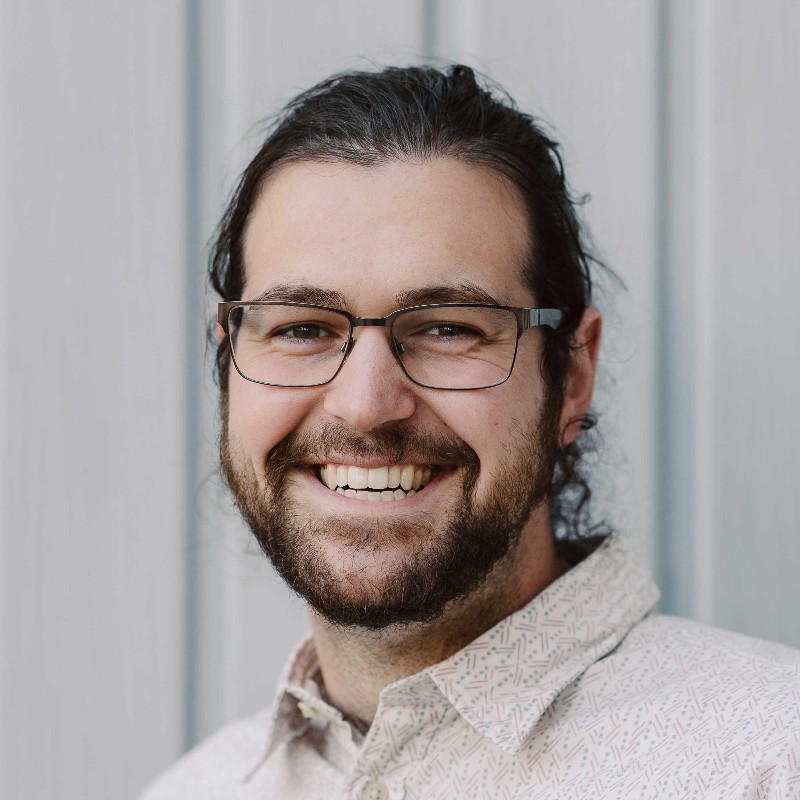 Lawson Gillespie
Lawson Gillespie
University of Toronto / Environment and Climate Change Canada
Lawson Gillespie is a PhD candidate, currently working as a member of Dr. Debra Wunch’s research group at the University of Toronto. His research focuses on measuring urban greenhouse gas emissions in the Greater Toronto Area. He graduated from Gettysburg College in 2018 with a Bachelor of Science degree, majoring in Physics and Globalization Studies and worked as a Physics Laboratory Technologist at Grande Prairie Regional College.
 Wayne Hillier
Wayne Hillier
Modern West Advisory
Wayne Hillier has over 30 years of experience in Canada’s oil and gas industry. He has worked for Husky Energy and Canada’s Oil Sands Innovation Alliance (COSIA). He joined the Canadian Association of Petroleum Producers (CAPP) as Alberta Manager in June 2017. In 2020, Wayne joined Moden West Advisory as VP Technology. He is currently CTO & VP Decarbonization. Wayne holds a bachelor’s degree in Chemical Engineering from the University of Waterloo.
 Rafee Iftakhar Hossain
Rafee Iftakhar Hossain
FluxLab, St. Francis Xavier University
Rafee Iftakhar Hossain is a research engineer with a background in chemistry and chemical engineering. He holds a Bachelor’s degree in Chemistry from Saint Mary’s University and a Bachelor’s degree in Chemical Engineering from Dalhousie University. Rafee’s capstone research project used Otter Lake landfill emissions as a feed and reformed steam methane to produce blue hydrogen gas. His work at FluxLab focuses on controlled methane releases projects where a variety of measurement technologies and techniques will be tested.
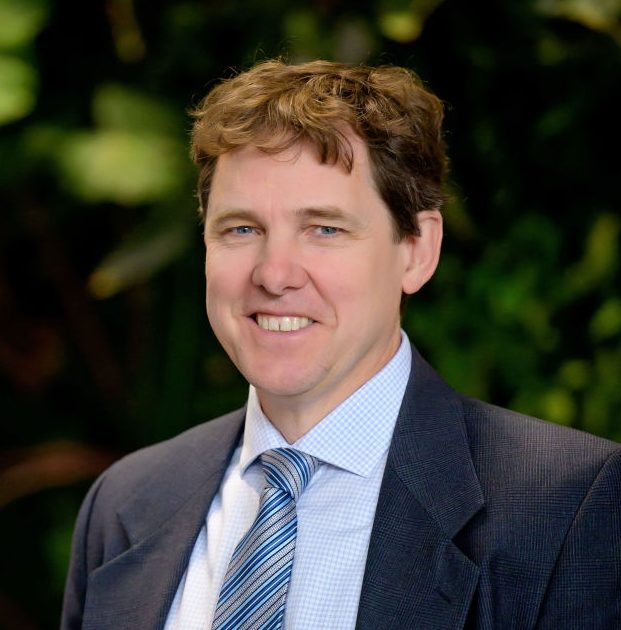 Matthew Johnson
Matthew Johnson
Energy & Emissions Research Lab., Carleton University
Matthew Johnson is a Professor of Mechanical and Aerospace Engineering at Carleton University in Ottawa, Canada, and Scientific Director of the Energy & Emissions Research Laboratory (EERL). A two-time winner of the Natural Sciences and Engineering Research Council’s (NSERC) prestigious accelerator award, Matt has worked extensively to translate peer-reviewed research results into practice. His EERL combines advanced experimentation, simulation, and statistical analysis in both large-scale controlled lab experiments and field work and employs a suite of advanced optical diagnostics, analytic tools, and experimental capabilities this is unparalleled in Canada. As of 2023, EERL has successfully completed field measurement studies on four continents with research contributions that include national-scale aerial methane surveys, comprehensive protocols for creating measurement-based inventories, novel “VentX” technology for quantifying unsteady methane flows, “sky-LOSA” technology for measuring black carbon emissions from flares, techno-economic analysis of methane mitigation potential, and quantitative analysis of regulatory equivalency. His work is cited in Canada’s National Inventory Report, incorporated in provincial and federal standards and regulations, and regularly cited in international methane and black carbon mitigation efforts.
 Mary Kang
Mary Kang
McGill University
Mary Kang is an assistant professor in the Department of Civil Engineering at McGill University. Her research focuses on energy transition, climate and environmental impacts of energy systems, and subsurface hydrology. Her current projects are on characterization and mitigation of methane emissions from oil and gas wells and urban infrastructure. Previously, she was a postdoctoral fellow in the Earth System Science department at Stanford University. She received a Ph.D. in Civil and Environmental Engineering from Princeton University, a Science, Technology, and Environmental Policy certificate from the Princeton School of Public and International Affairs, and a M.A.Sc. and a B.A.Sc. in Civil Engineering from the University of Waterloo. Between her time at Waterloo and Princeton, she worked as a water resources engineering consultant based in Reston, VA.

Afshan Khaleghi
FluxLab, St. Francis Xavier University
Afshan Khaleghi is completing her PhD in Engineering (Oil and Gas) at Memorial University of Newfoundland, as part of FluxLab. Prior to joining FluxLab, Afshan completed her MSc in Coastal Engineering and worked on projects related to sediment transport for several years. Her current focus is primarily on data analysis.

Robert Kleinberg
Columbia University
Robert L. Kleinberg is an adjunct senior research scholar at the Columbia University Center on Global Energy Policy, and a senior fellow at the Boston University Institute for Sustainable Energy. His current interests include energy technology and economics, and environmental and regulatory issues associated with the oil and gas industry. From 1980 to 2018 Dr. Kleinberg was employed by Schlumberger, attaining the rank of Schlumberger Fellow, one of about a dozen to have held this rank in a workforce of 100,000. From 1978 to 1980 he was a post-doctoral fellow at the Exxon Corporate Research Laboratory. Dr. Kleinberg was educated at the University of California, Berkeley (B.S. Chemistry, 1971) and the University of California, San Diego (Ph.D. Physics, 1978). He has authored more than 120 academic and professional papers, holds 41 U.S. patents, and has invented several geophysical instruments that have been commercialized on a worldwide basis. Dr. Kleinberg is a member of the National Academy of Engineering.
 John Liggio
John Liggio
Environment and Climate Change Canada
Dr. John Liggio is a senior research scientist at the Air Quality Research Division of the Environment and Climate Change Canada. He leads several major ECCC field programs and laboratory-based studies, including the Oil Sands Monitoring (OSM) program, Chemical Management Plan (CMP) program, Downstream oil and gas methane and VOC research program. He is also a member of various national and international science advisory groups including World Meteorological Organization (WMO) science advisory group, and Senior Science Advisory Council (ECCC). His research interests include oil sector greenhouse gas emissions, urban, industrial and petrochemical emissions, secondary organic aerosol (SOA) formation and evolution, trace organic gas emissions and oxidation, organic contaminants in PM and their transformation products, chemical ionization Mass Spectrometry method development, wildfire emissions and oxidative evolution, and heterogeneous reactions of organic aerosol and gas-particle partitioning.
 Jason McKeever
Jason McKeever
GHGSat, Inc.
Dr. Jason McKeever is Director of Science and Systems at GHGSat
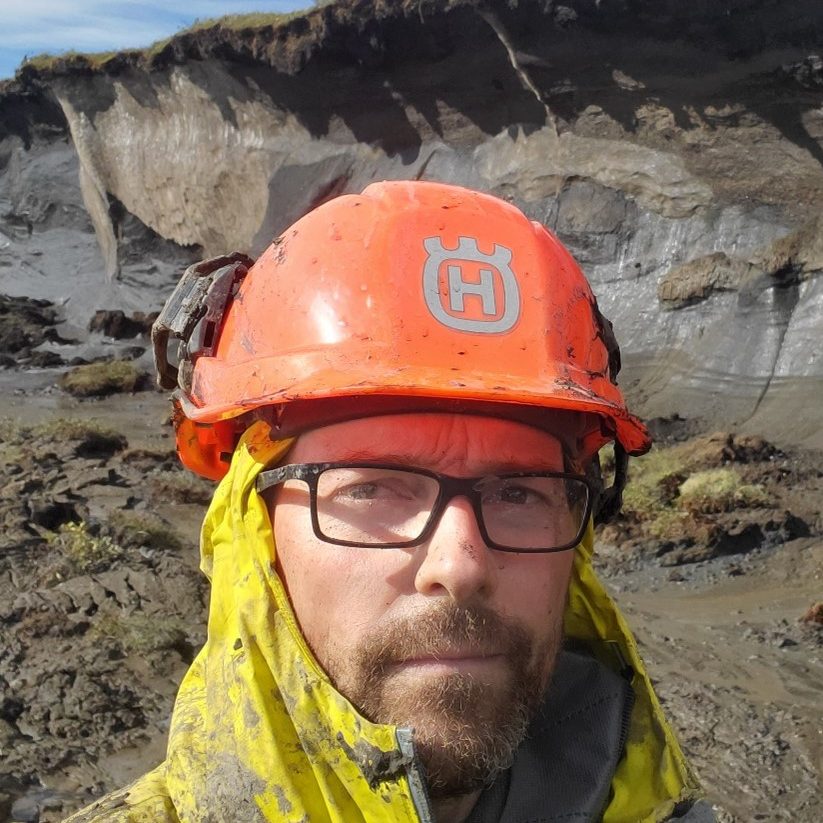 Peter Morse
Peter Morse
Natural Resources Canada
Dr. Peter Morse is a permafrost expert at Natural Resources Canada’s Geological Survey of Canada. He leads a multi-disciplinary team to evaluate the geological influences on methane emissions from western Canadian Arctic permafrost, where there are a variety of geological settings with varied permafrost conditions. Their aim is to fill some of the major the knowledge gaps on permafrost-methane processes needed to reduce uncertainty and constrain estimates of GHG budgets and emissions trajectories from permafrost regions better. To do this the team is developing new technologies and approaches to detect and characterize methane emissions from natural sources, several of which may be portable to other industry sectors. Their goals are to quantify fluxes from two natural sources (thermogenic vs. biogenic), determine the influence of regional geological history on spatial variation, and examine the role of permafrost degradation on the temporal dynamics of biogeochemical cycles.
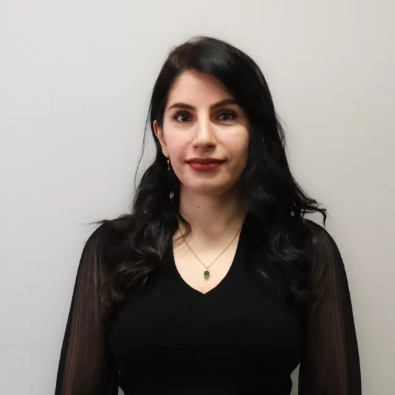 Negar Nazari
Negar Nazari
Carbon Management Canada
Dr. Negar Nazari is Carbon Management Canada’s (CMC) Emissions Analyst for the Alberta Methane Emissions Program (AMEP), responsible for interpreting and analyzing methane emissions data using unique statistical techniques. Dr. Nazari is a geoscientist with more than 10 years of work experience in both the industry and academic settings. After receiving her MSc in Petroleum Geoscience from the University of Aberdeen, Dr. Nazari began working for the National Iranian Oil Company as a petroleum geoscientist. After six years in the workforce, she returned to academia to complete her PhD in Geoscience, focusing on geomechanical modeling of induced seismicity caused by hydraulic fracturing operations in Canada.
 Jalal Norooz Oliaee
Jalal Norooz Oliaee
National Research Council Canada
Jalal Norooz Oliaee is a Research Officer with Aerosol and Gas Metrology team within the Metrology Research Centre of NRC, and an adjunct professor at St. Francis Xavier University. Jalal’s current research is focussed on development of measurement methods for short-lived climate pollutants such as methane and black carbon. Prior to joining NRC as a post-doctoral fellow in 2017, Jalal was a post-doctoral fellow at the Institute for Quantum Science and Technology at the University of Calgary where he worked in collaboration with JPL on a CSA-funded project in developing quantum mechanical models for high-resolution infrared spectra of ethane and methane. Jalal earned his PhD in Physical Chemistry from the University of Calgary (2013) where he studied mid-infrared high-resolution spectra of jet-cooled molecular clusters and complexes relevant to atmospheric and interstellar studies using various light sources such as quantum cascade lasers, tunable diode lasers and optical parametric oscillators. Jalal’s PhD work resulted in the discovery of some of the largest molecular clusters of CO2 and N2O that can be experimentally observed by high-resolution infrared spectroscopy.
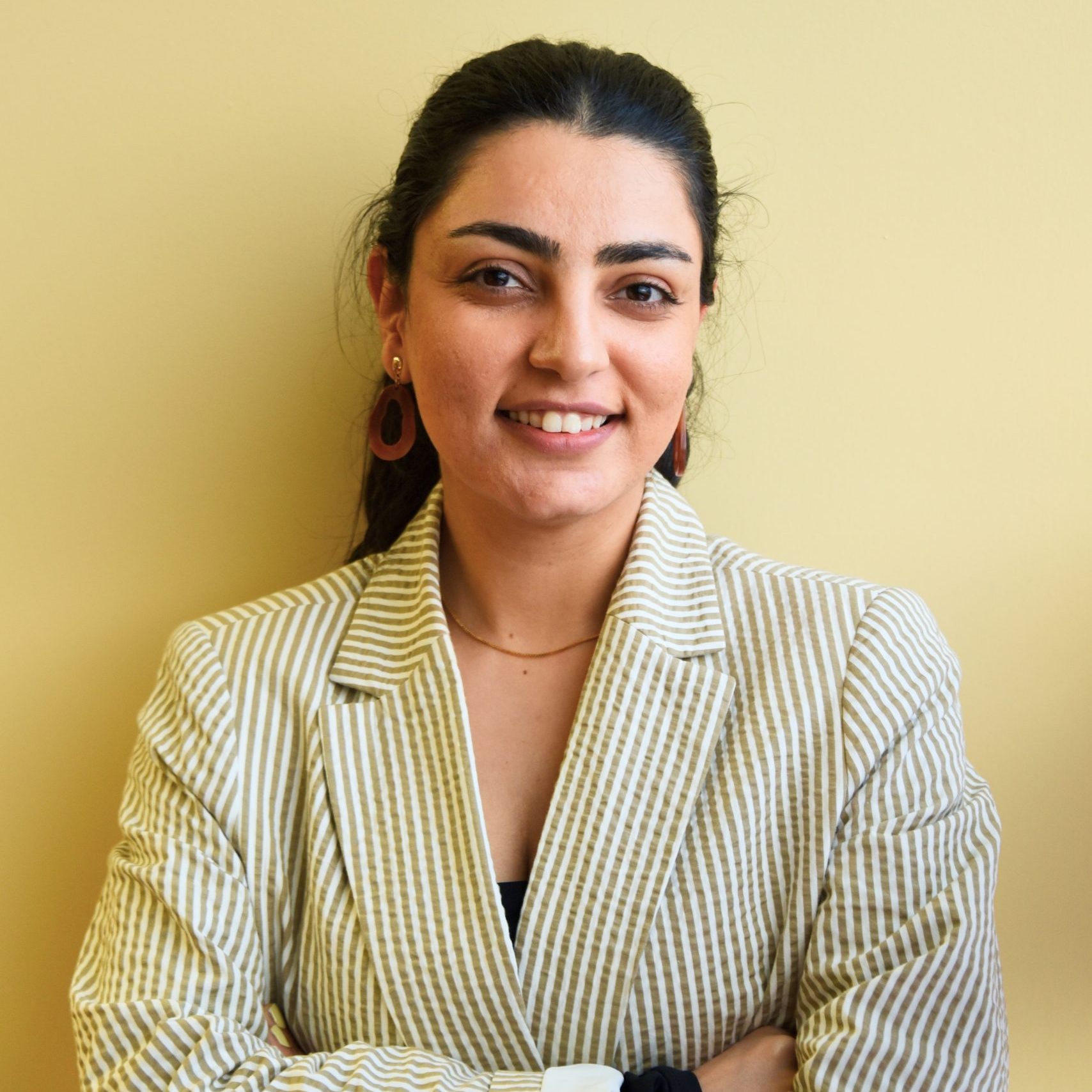 Athar Omidi
Athar Omidi
FluxLab, St. Francis Xavier University
Athar Omidi is a Data Analyst at FluxLab, St. Francis Xavier University, specializing in environmental data projects. Holding Master’s degrees in Computer Science from StFX University and Applied Mathematics from Shiraz University with a specialization in optimization. Since joining FluxLab in October 2023, Athar has helped develop tools for analyzing and visualizing data, improving environmental research and decision-making.
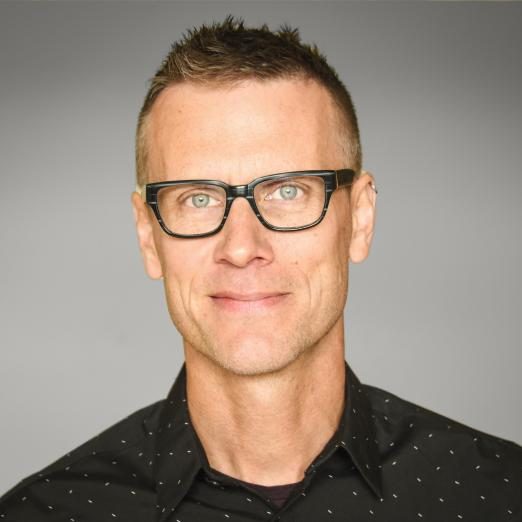 David Risk
David Risk
FluxLab, St. Francis Xavier University
Dr. Dave Risk is the Brian Mulroney Institute for Government Research Chair in Climate Science and Policy at St. Francis Xavier University (StFX). He is a specialist in gas emissions measurement and data processing techniques to quantify emissions in natural and industrial settings. Dr. Risk is a prominent figure in the field of environmental science, research, regulation, and policy. His research focuses on developing innovative sensing technologies to monitor greenhouse gases, track environmental changes, and to understand the impact of industrial activities. Dr. Risk is also involved in developing data analysis techniques and mathematical models to interpret the large datasets generated by his sensor networks and provide meaningful insights into environmental patterns and trends. He has been involved in numerous collaborative research projects, both nationally and internationally. He has collaborated with other researchers, government agencies, and organizations to address pressing environmental issues and advance the field of environmental monitoring.
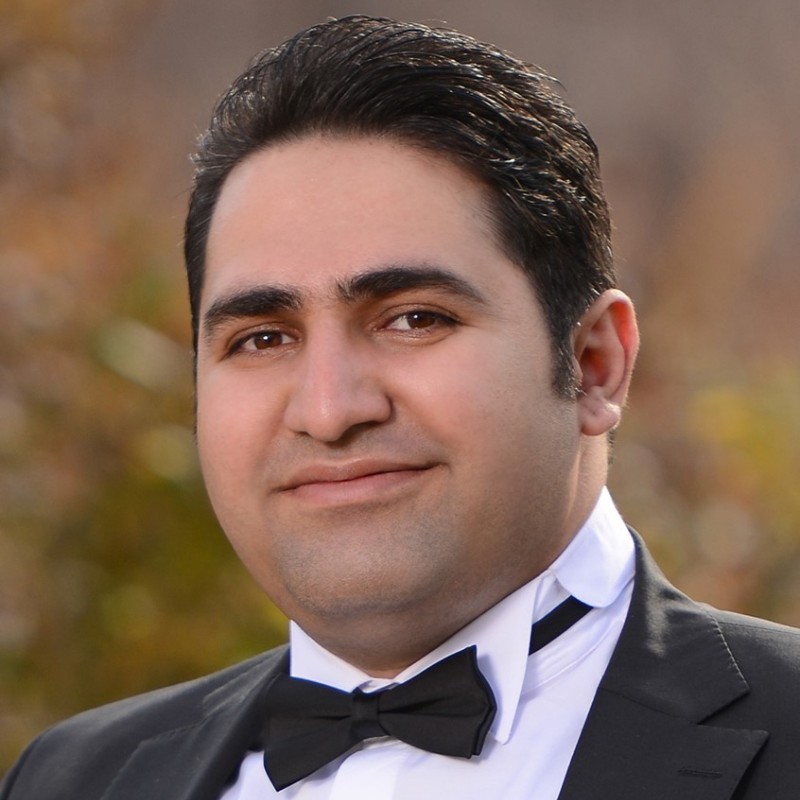 Keyvan Ranjbar
Keyvan Ranjbar
National Research Council Canada
Dr. Keyvan Ranjbar has expertise in airborne atmospheric measurements, sensors and data analysis. Dr. Ranjbar is currently a research officer at the NRC. He obtained his Ph.D degree in atmospheric remote sensing in 2020 from Sherbrooke University. His general research focus is the analysis of airborne, satellite and ground-based Remote Sensing and in-situ data to better understand the aerosol, cloud, and their interactions. He has extensive fieldwork experience. Since joining the NRC in 2021, Dr. Ranjbar has participated in several airborne campaigns, and recently, he was the NRC project Manager for the ESCAPE 2022 and Montreal-GHG airborne campaign. Dr. Ranjbar is experienced with gas and aerosol sampling.
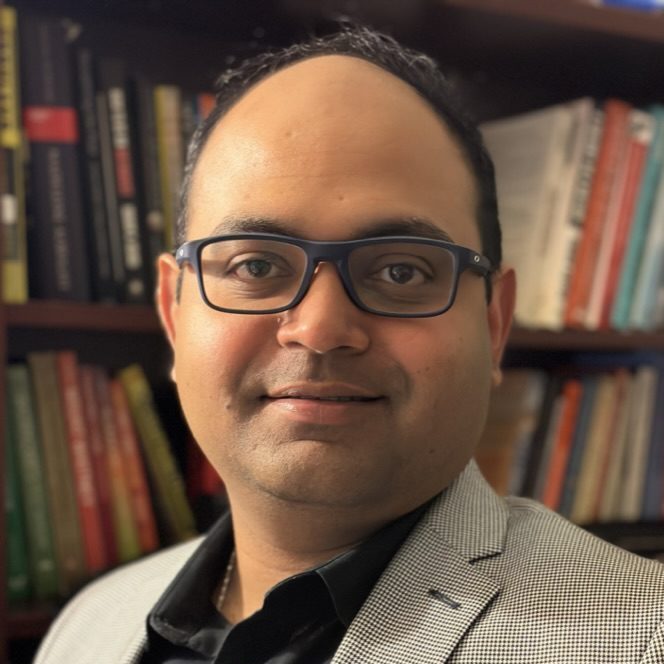 Arvind Ravikumar
Arvind Ravikumar
Energy Emissions Modeling and Data Lab (EEMDL), University of Texas at Austin
Dr. Ravikumar is the co-Director of the Energy Emissions Modeling and Data Lab (EEMDL) at the University of Texas at Austin and a Research Associate Professor in the Department of Petroleum and Geosystems Engineering. He has published over 50 articles in peer-reviewed journals, primarily in the areas of greenhouse gas emissions measurements and energy systems analysis. Dr. Ravikumar has been a lead investigator for several large-scale, field campaigns on methane emissions from oil and gas supply chain and evaluating new technologies for monitoring greenhouse gases. He routinely advises state and federal governments, provides expert testimony in Congress on greenhouse gas emissions from energy supply chains, and currently serves on the US Department of Transportation’s Gas Pipeline Advisory Committee. Dr. Ravikumar is a Senior Associate with the Center for Strategic and International Studies and graduated with a Ph.D. from Princeton University.
 Tia Scarpelli
Tia Scarpelli
Carbon Mapper
Dr. Tia Scarpelli is a research scientist and the Waste Sector Lead for Carbon Mapper. Prior to joining Carbon Mapper, her research focused on using satellite observations and atmospheric modeling to improve GHG inventories. Tia’s current research interests include investigating the characteristics of methane emissions at global landfills, and the role satellite observations can play in informing mitigation.
 Charlotte Scheutz
Charlotte Scheutz
Technical University of Denmark
Charlotte Scheutz is a Professor at the Department of Environmental Engineering at the Technical University of Denmark.
Her research field is waste management covering waste characterization, waste management technologies, and life cycle assessment of waste management technologies and systems. An expert field is quantification of gaseous emissions from facilities treating organic residues.
She participated in several national and international research projects in collaboration with waste management companies, leading consulting companies, administrative bodies and universities.
 Sanghyeon Sanghyeon
Sanghyeon Sanghyeon
McGill University
Sanghyeon Song is a Ph.D. student in Civil Engineering at McGill University co-supervised by Prof. Mary Kang (McGill University) and Prof. Oliver Sonnentag (Université de Montréal). Prior to starting his Ph.D. study, he completed his M.Sc. in Environmental Science and Engineering and B.Sc. in Chemistry at Ulsan National Institute of Science and Technology (UNIST) in Ulsan, South Korea. His doctoral research is focused on spatiotemporal analysis of anthropogenic methane emission sources in Canada and their impact on peatlands’ capacity to serve as nature-based climate solutions.
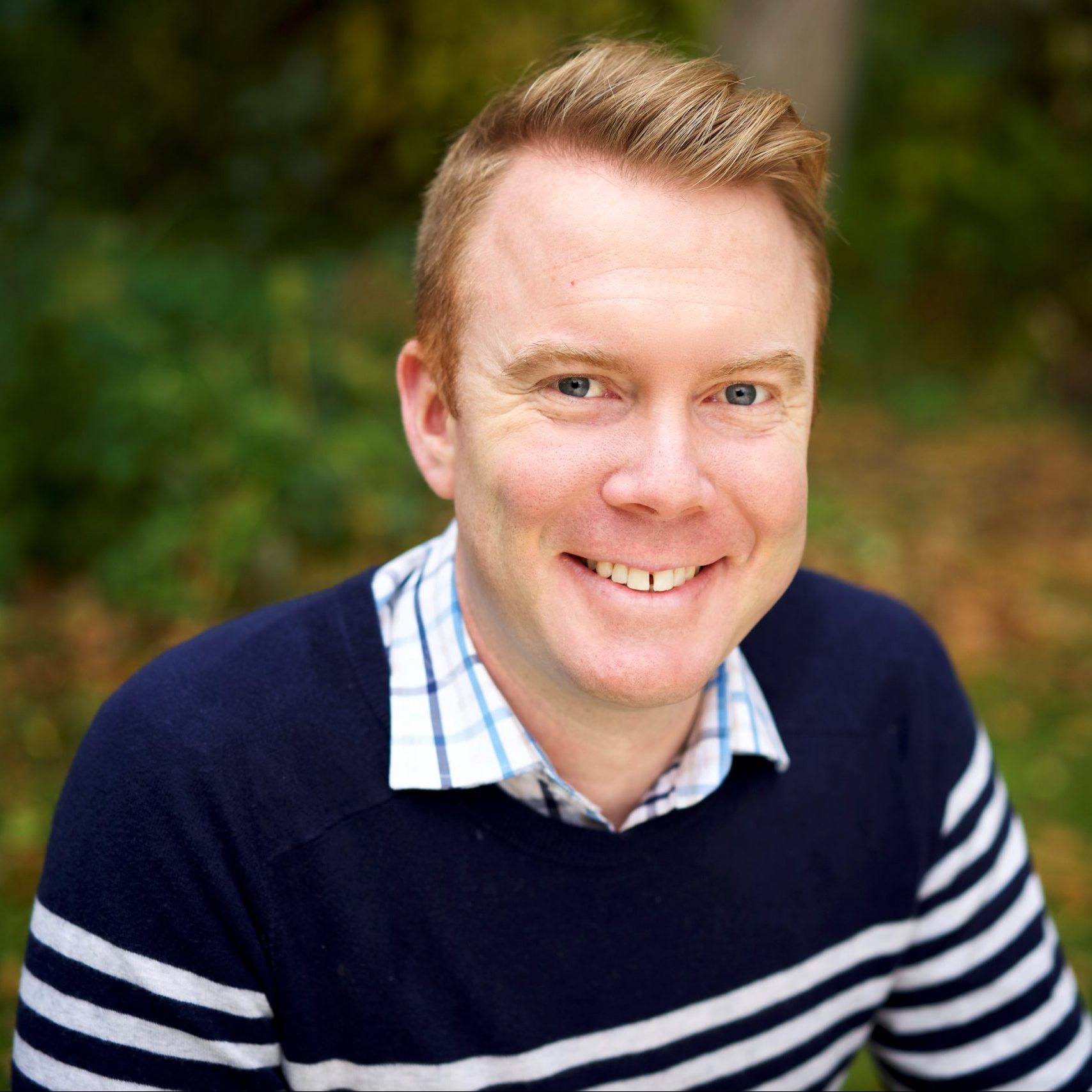 Mike Thomson
Mike Thomson
GFL Environmental Inc.
Mike Thomson is a registered Professional Engineer with 18-years’ of experience in academics, consulting and industry. As Manager, Environmental Innovation Programs on GFL’s sustainability team, Mike supports GFL’s Sustainability Action Plan including the Next Generation Sustainable Value Initiatives. A key focus of this program is fugitive emissions and energy resource management including 1) landfill surface emissions monitoring using satellites, aircraft, drones and fixed sensors; 2) data management and analytics for optimization of landfill gas collection and control systems; 3) supporting research, policy development and sector advocacy for landfill gas measurement and monitoring techniques and technologies. Mike regularly contributes to industry groups working on landfill gas capture and methane emissions. These groups are currently supporting the development of enhanced emission models, standard methods to deploy new technologies, technology evaluations including a recent controlled release study, and practical methods of evaluating landfill gas capture and control system performance.
 Michael Thorpe
Michael Thorpe
Bridger Photonics Inc.
With over a decade of experience in various fields of optics, Dr. Mike Thorpe specializes in laser remote sensing, laser frequency stabilization, and molecular spectroscopy and detection. During his time at the University of Colorado, Dr. Thorpe developed a novel molecular spectroscopy technique under the guidance of Dr. Jun Ye and Nobel Laureate Dr. Jan Hall. Initially a Lead Optical Scientist for Bridger Photonics, Dr. Thorpe led the development of the company’s first two products: 1) the MIR Series laser for laser ablation mass spectrometry applications; and 2) the SLM-IM dimensional metrology system. In 2014, Dr. Thorpe became Bridger’s chief technology officer. Since then, he has led the development of several remote gas sensing technologies at Bridger for the EPA, NASA, and DOE to detect atmospheric CO2, ozone, and methane.
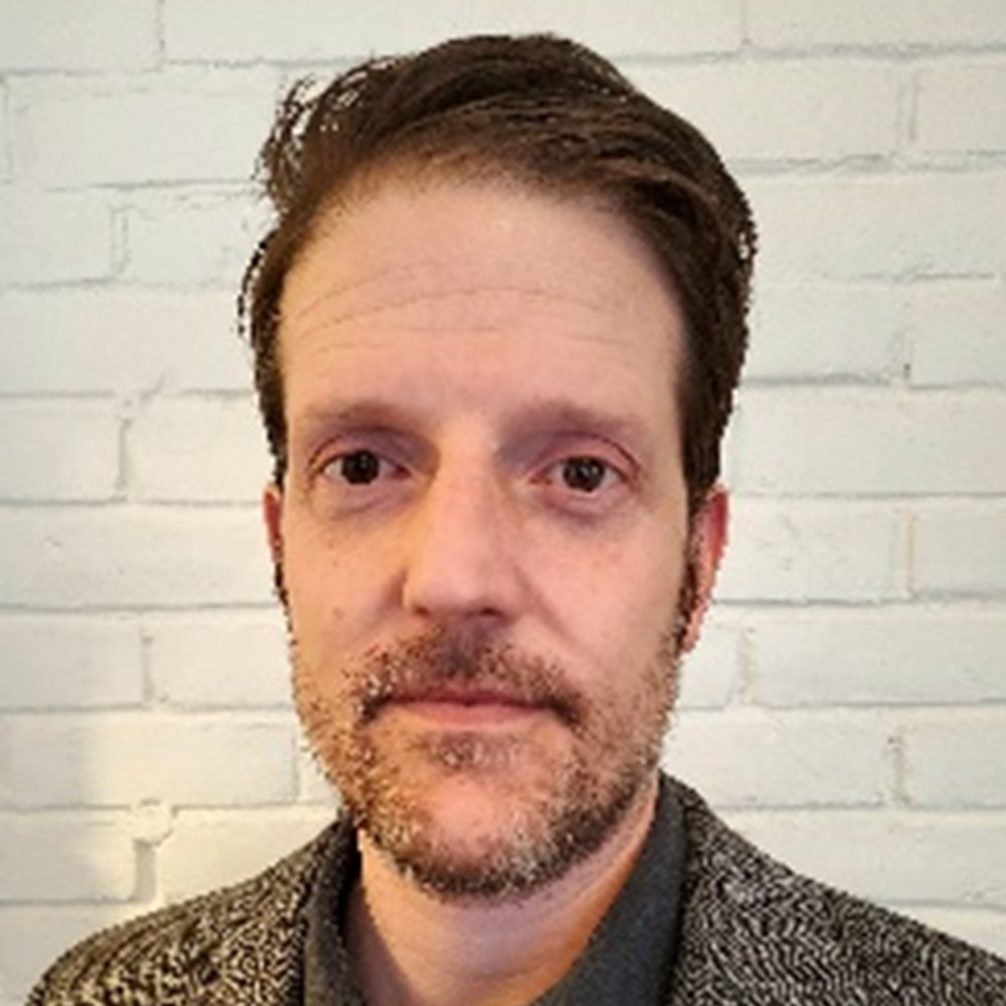 Andrew VanderZaag
Andrew VanderZaag
Agriculture and Agri-Food Canada
Dr. Andrew VanderZaag is a research scientist at the Agro-Ecosystem Resilience, Ottawa Research and Development Centre, Science and Technology Branch of the Agriculture and Agri-Food Canada. He completed his undergraduate degree in Environmental Sciences at the University of Guelph and his PhD at Dalhousie University in Biological Engineering. Since 2011 he has worked as a Research Scientist with Agriculture and Agri-Food Canada at the Experimental Farm in Ottawa. His research focuses on greenhouse gas emissions measurement and mitigation in livestock production systems, which has involved on-farm research of methane emissions at farms across Canada.
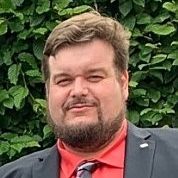 Felix Vogel
Felix Vogel
Environment and Climate Change Canada
Dr. Felix Vogel is a research scientist with the Climate Research Division and leads the subnational greenhouse gas monitoring team. His work focusses on estimating greenhouse gas emissions from provincial to facility scale using atmospheric observations and atmospheric modelling. In recent years, he and his team focused on quantifying methane emissions in Canada using mobile platforms and continuous monitoring stations quantifying emissions from AB+SK, Toronto, Montreal, as well as dozens of facilities like landfills. He is an adjunct professor at the University of Toronto (Department of Physics) and is a member of the scientific steering committee of the World Meteorological Organization’s Integrated Global Greenhouse Gas Information System as well as a member of the scientific advisory board for the urban-scale measurements program under Europe’s Integrated Carbon Observing System.
 Shona Wilde
Shona Wilde
Energy & Emissions Research Lab., Carleton University
Dr. Shona Wilde is a research associate with the Energy and Emissions Research Lab. She completed her Ph.D. and postdoctoral research at the University of York (UK) where she studied emissions from the UK oil and gas industry. In her work she combined airborne and ground-based measurements with refined data processing and analytical techniques to quantify emissions. Building on this experience Dr. Wilde’s work at EERL will focus on aerial detection of methane emissions in the Canadian upstream oil and gas sector.
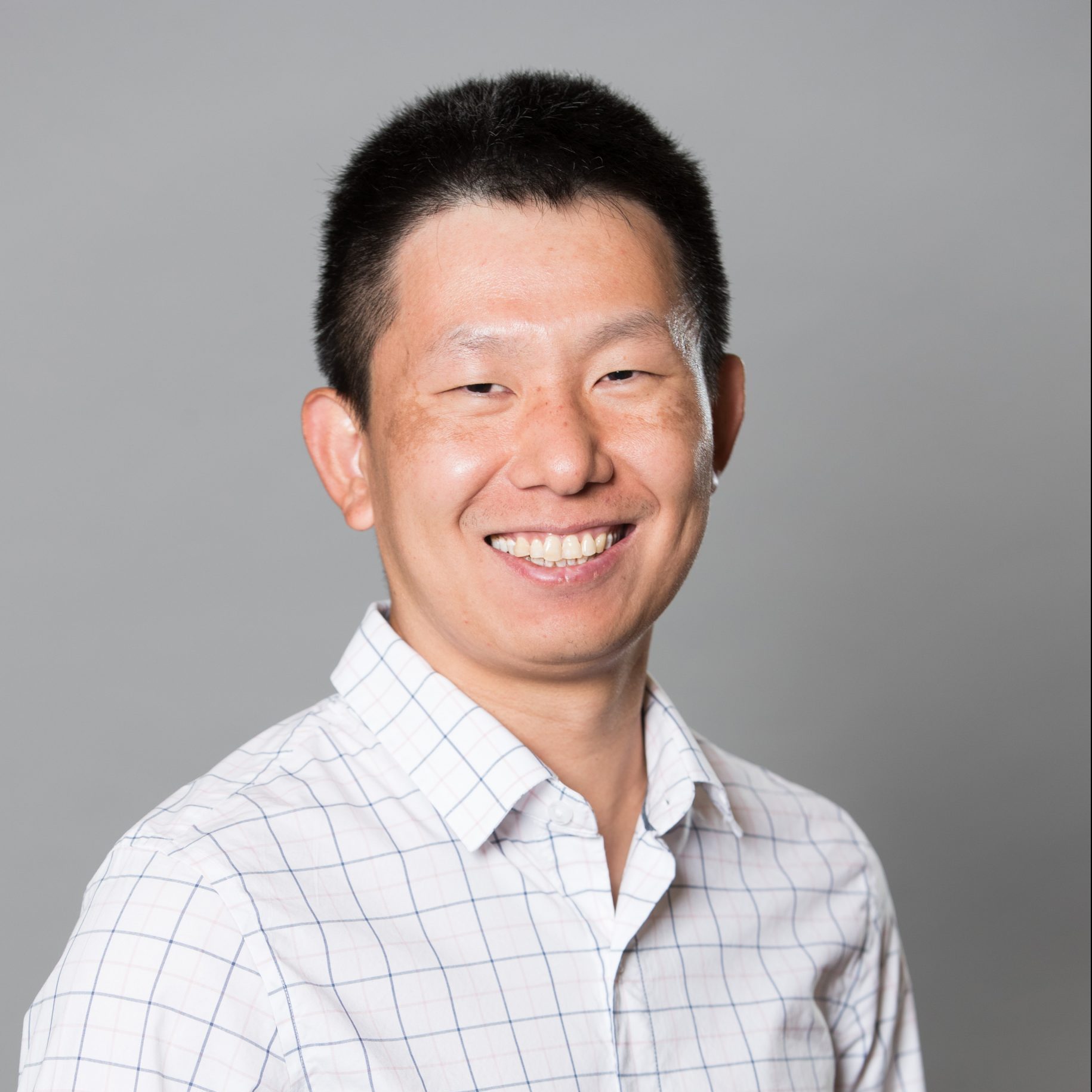 Zhenyu Xing
Zhenyu Xing
University of Calgary
Dr. Zhenyu Xing currently work with Dr. Chris Hugenholtz at University of Calgary as a postdoctoral research associate. Dr. Xing received his PhD of Environmental Engineering from University of Calgary in 2020. His research interests include regional GHGs emission estimate, source-level emission characterization, and air pollution monitoring and source apportionment.
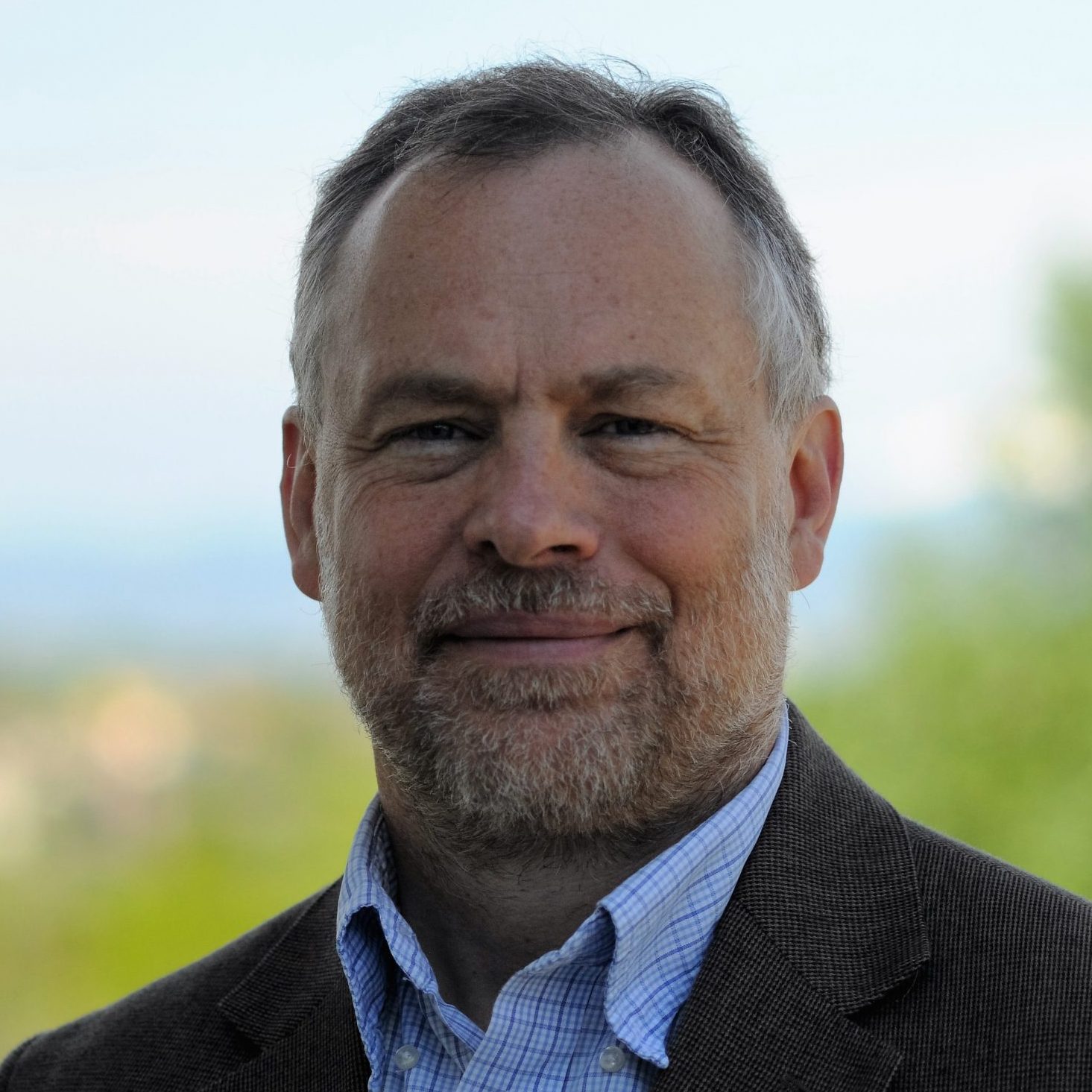 Dan Zimmerle
Dan Zimmerle
Energy Emissions Modeling and Data Lab (EEMDL), University of Texas at Austin
Dan Zimmerle is Director, Methane Emissions Program, CSU. Zimmerle was a principal investigator on multiple major studies of methane emissions from natural across gas supply chain, including upstream, midstream, and distribution systems at a nation and/or regional scale. Zimmerle leads the Methane Emissions Technology Evaluation Center (METEC), one of the largest and most active test facilities for natural gas leak detection solutions. METEC, which has tested nearly 100 solutions since 2017, recently received a 5-year, $25M, investment by the US Department of Energy to extend and diversify the testing program. The METEC group at CSU also develops emissions modeling software in partnership with the Energy Emissions Modeling and Data Laboratory. Zimmerle has been a lead or co-author on over 50 peer-reviewed publications about methane emissions.
EU-Canada Dialogue on Methane – Special Event Speakers
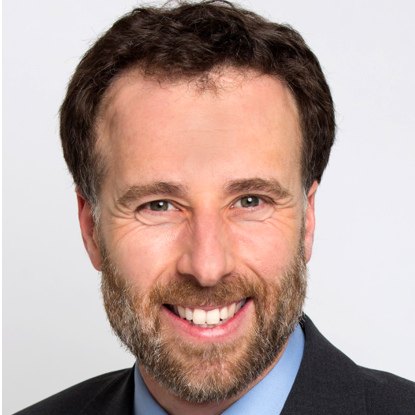 Aaron Freeman – Event moderator
Aaron Freeman – Event moderator
Pivot Strategic Consulting
Dr. Aaron Freeman is a President of Pivot Strategic Consulting, he leads the firm’s efforts to move environmental solutions forward through public policy. His clients include companies and associations in various clean energy sectors, Indigenous organizations, and environmental non-profits. Aaron previously served as a Senior Advisor to the Premier of Ontario, advising on Environment, Attorney General, Labour, Community Safety and Correctional Services, Natural Resources, Aboriginal Affairs, Agriculture and Rural Affairs, Municipal Affairs, and Northern Development, Mines and Forests.
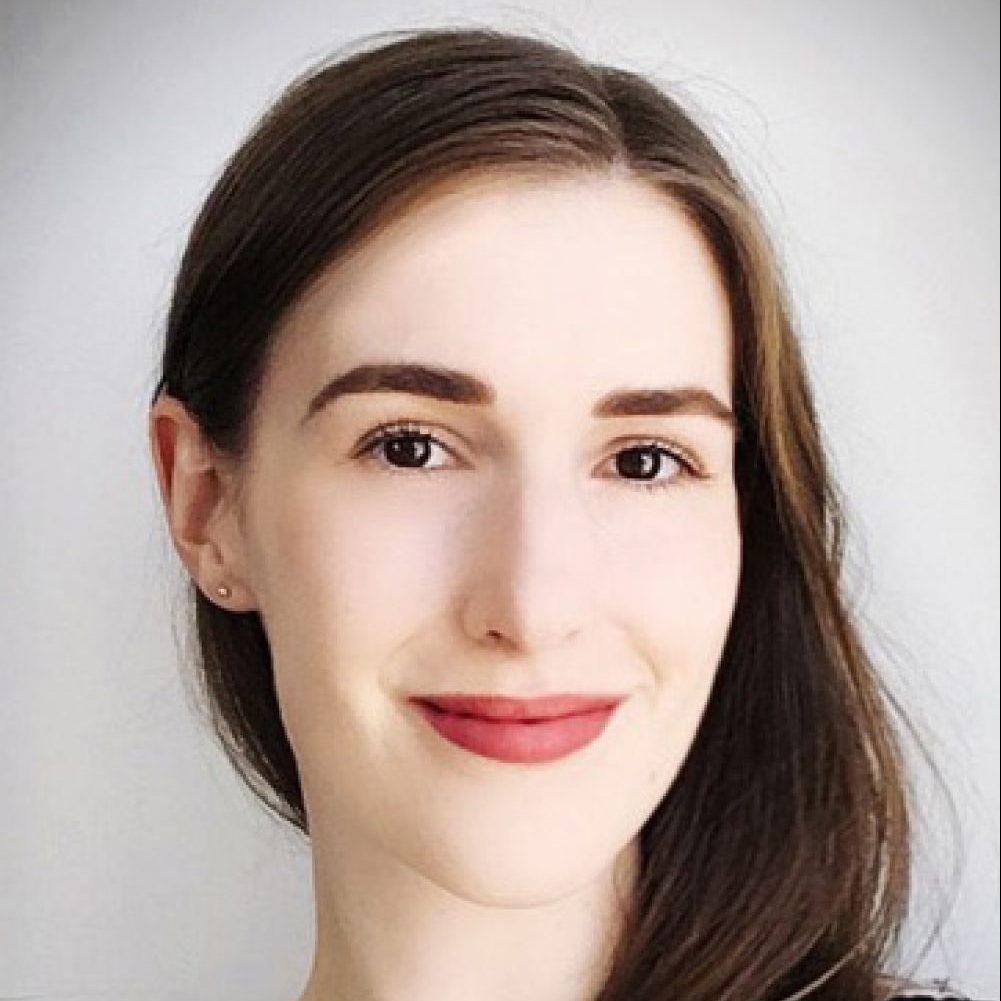 Amanda Bryant
Amanda Bryant
Pembina Institute
Dr. Amanda Bryant is a senior analyst with the Pembina Institute’s oil and gas program, based in Calgary. Her focus is on developing and advocating for evidence-based policy solutions for oil and gas methane emissions.

Anrdeea Calcan
UNEP International Methane Emissions Observatory
Dr. Anrdeea Calcan is a Programme Management Officer at International Methane Emissions Observatory.
 James Diamond
James Diamond
Environment and Climate Change Canada
James Diamond is the Manager of the Technical Operations team in the Oil and Gas Division at Environment and Climate Change Canada (ECCC), leading the group responsible for the development of federal regulations to manage methane emissions from the oil and gas sectors. With a chemical engineering degree from the University of Waterloo, he began his career as a process engineer in the petrochemical industry in Alberta. James then travelled to London’s Imperial College for an MBA, returning to a consulting position in Calgary focused on Canada’s Energy Sector. James joined ECCC in 2004 to work on climate and air quality policy. He is currently the chair of the Oil & Gas subcommittee of the Global Methane Initiative.
 Deborah Gordon
Deborah Gordon
RMI
Deborah is a senior principal in RMI’s Climate Intelligence Program, where she co-leads the Oil and Gas Solutions Initiative. Gordon serves as a senior fellow at the Watson Institute of International and Public Affairs at Brown University and is an affiliate at the Brown Climate Solutions Lab. Her research spearheaded the development of the Oil Climate Index plus Gas (OCI+), a first-of-its-kind analytic tool that compares the life-cycle climate impact of global oil and gas resources.
 Matthew Johnson
Matthew Johnson
Energy & Emissions Research Lab., Carleton University
Matthew Johnson is a Professor of Mechanical and Aerospace Engineering at Carleton University in Ottawa, Canada, and Scientific Director of the Energy & Emissions Research Laboratory (EERL). A two-time winner of the Natural Sciences and Engineering Research Council’s (NSERC) prestigious accelerator award, Matt has worked extensively to translate peer-reviewed research results into practice. His EERL combines advanced experimentation, simulation, and statistical analysis in both large-scale controlled lab experiments and field work and employs a suite of advanced optical diagnostics, analytic tools, and experimental capabilities this is unparalleled in Canada. As of 2023, EERL has successfully completed field measurement studies on four continents with research contributions that include national-scale aerial methane surveys, comprehensive protocols for creating measurement-based inventories, novel “VentX” technology for quantifying unsteady methane flows, “sky-LOSA” technology for measuring black carbon emissions from flares, techno-economic analysis of methane mitigation potential, and quantitative analysis of regulatory equivalency. His work is cited in Canada’s National Inventory Report, incorporated in provincial and federal standards and regulations, and regularly cited in international methane and black carbon mitigation efforts.
 Emils Lagzdins
Emils Lagzdins
IOGP Europe
Dr. Emils Lagzdins is a senior policy officer at the IOGP Europe’s Energy & Climate Policy department. In his role, he engages with the upstream O&G industry, EU Institutions and other stakeholders on issues such as the EU Methane Regulation, carbon markets and security of supply. Before joining IOGP, he worked on international energy policies in DG ENERGY of the European Commission.
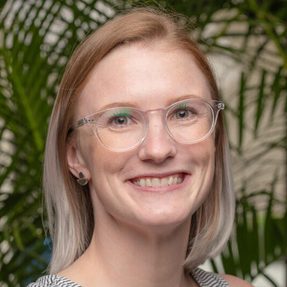 Katlyn McKay
Katlyn McKay
Environmental Defense Fund
Dr. Katlyn MacKay is a Scientist in EDF’s Office of the Chief Scientist. Her current work is focused on characterizing the sources and magnitudes of global anthropogenic methane emissions in support of the MethaneSAT mission.
